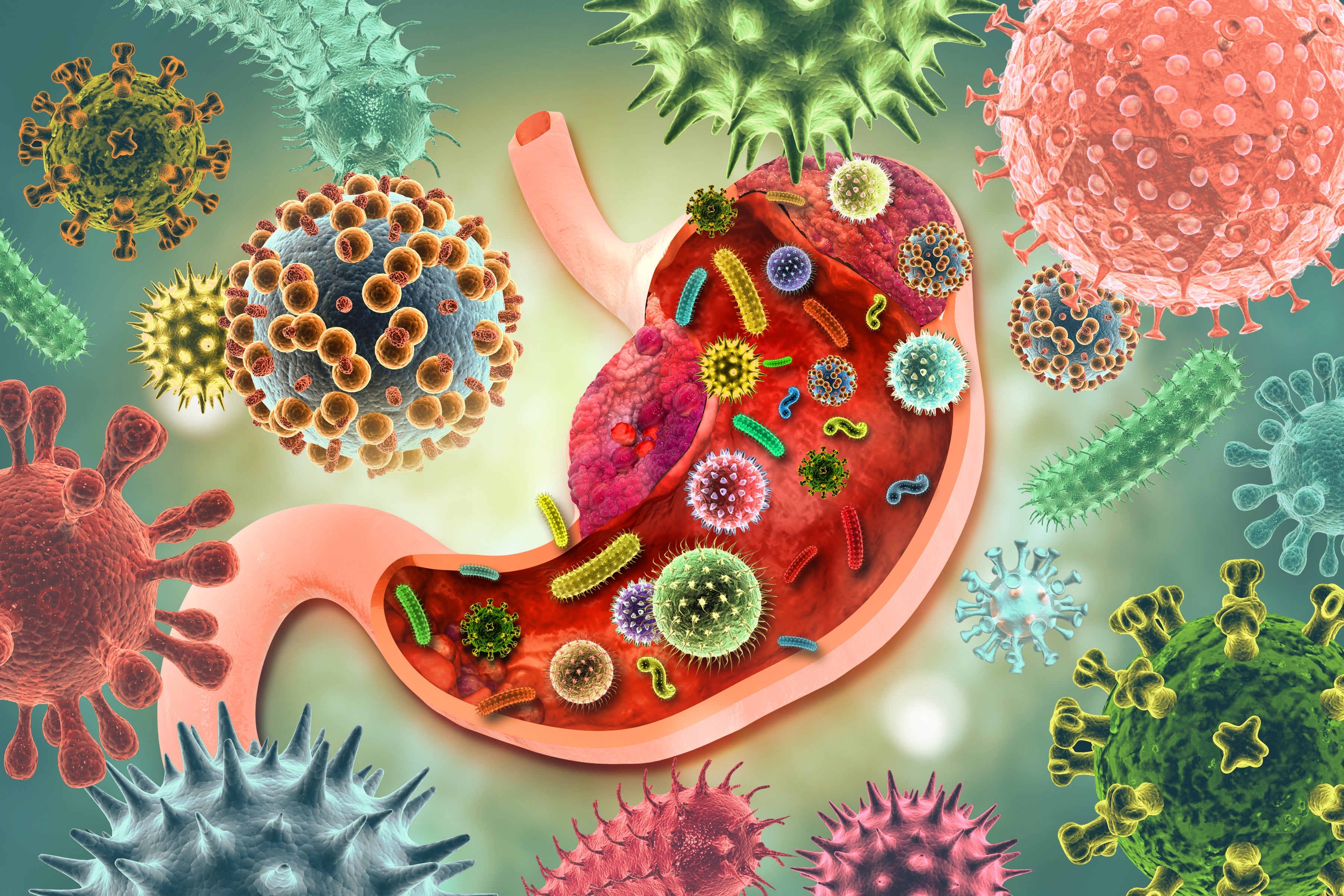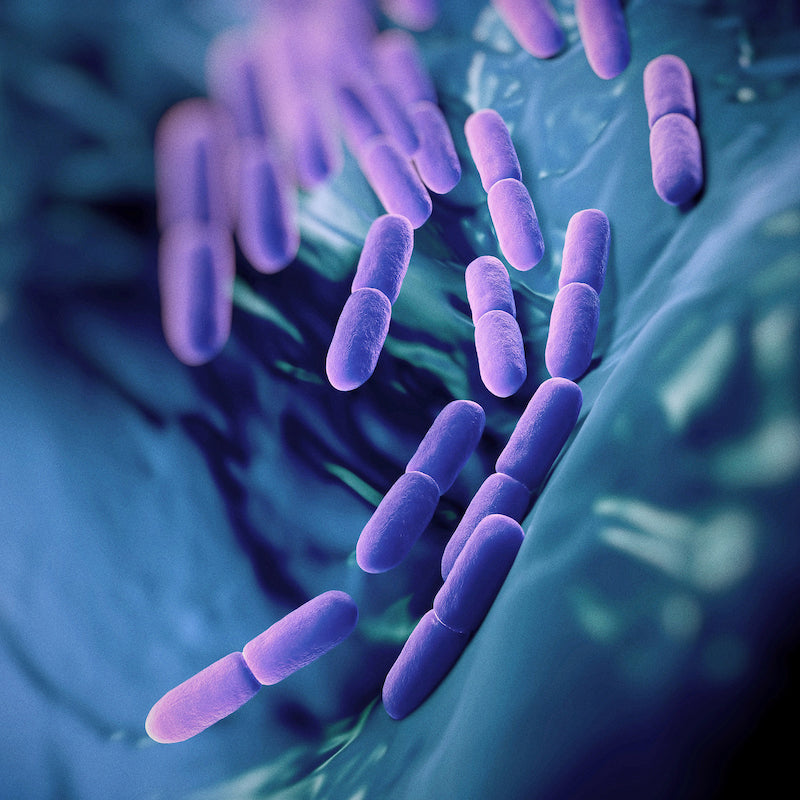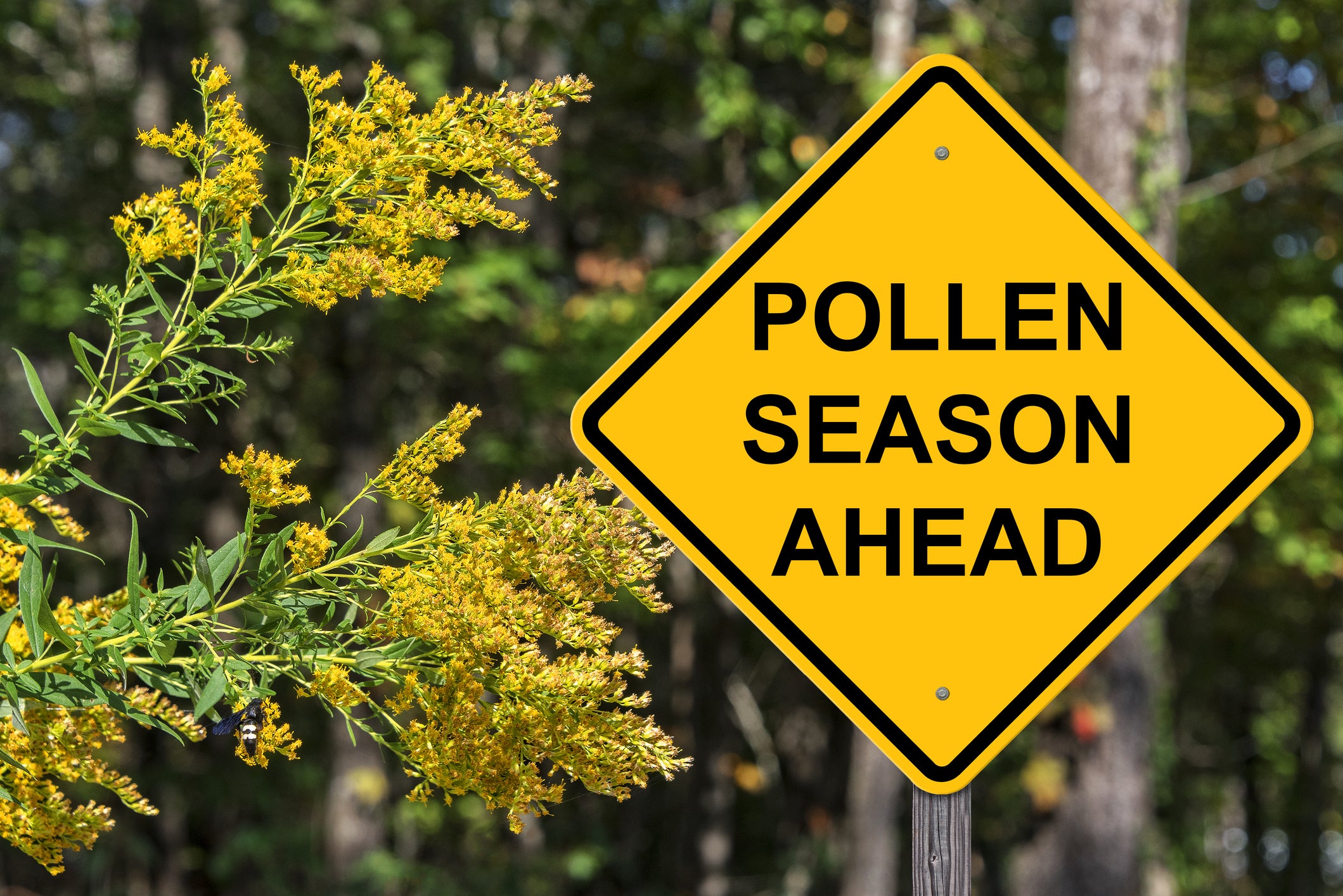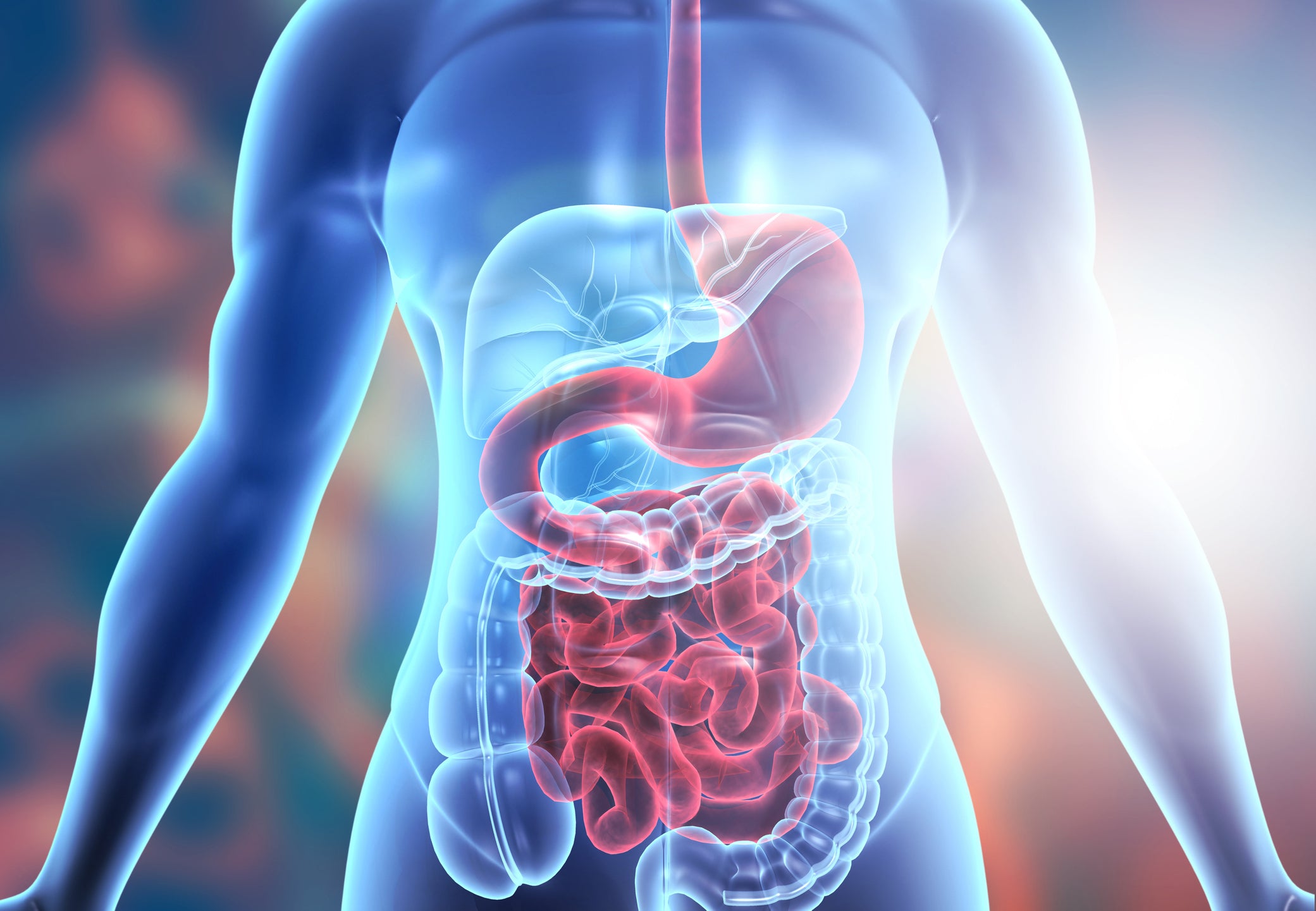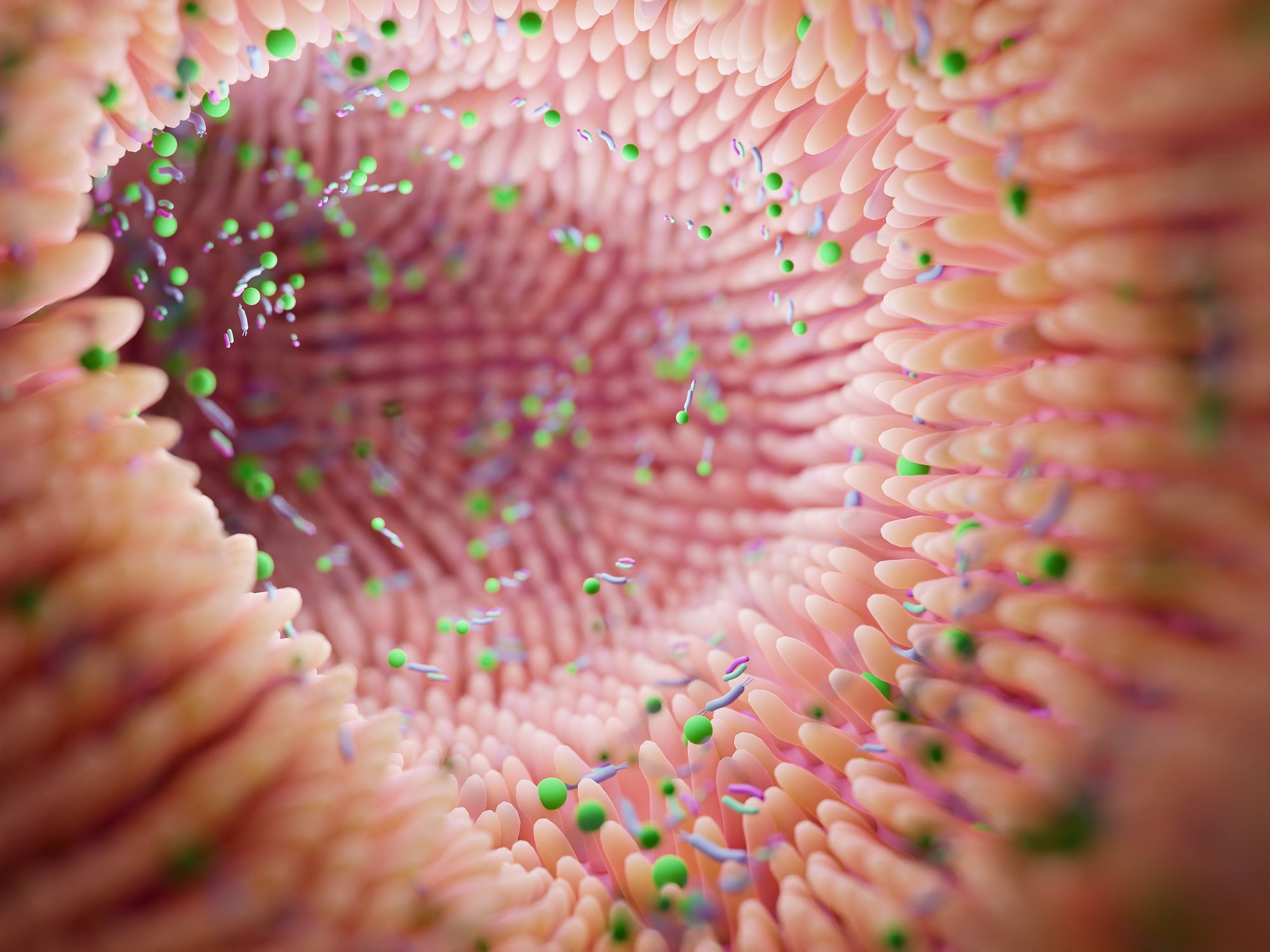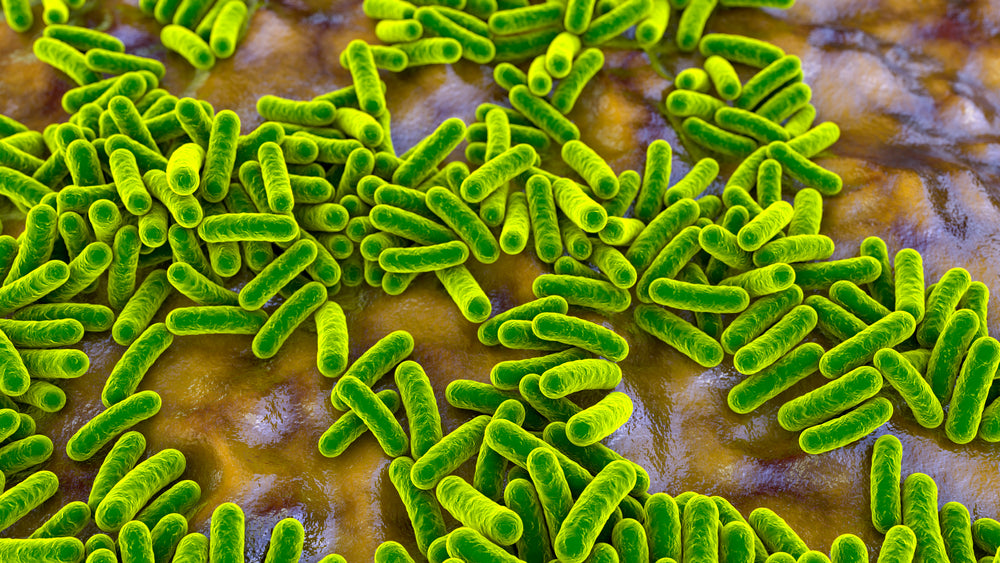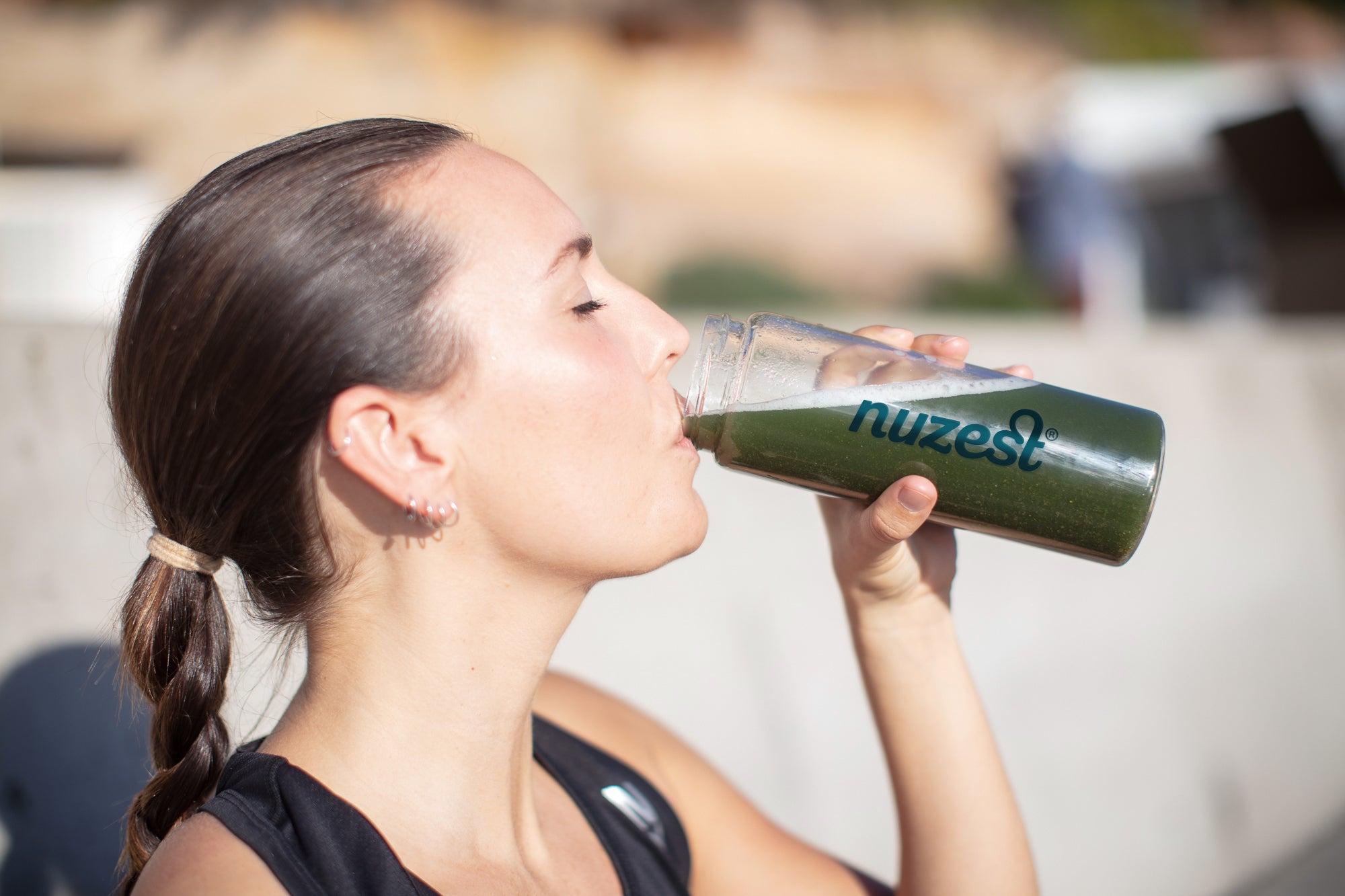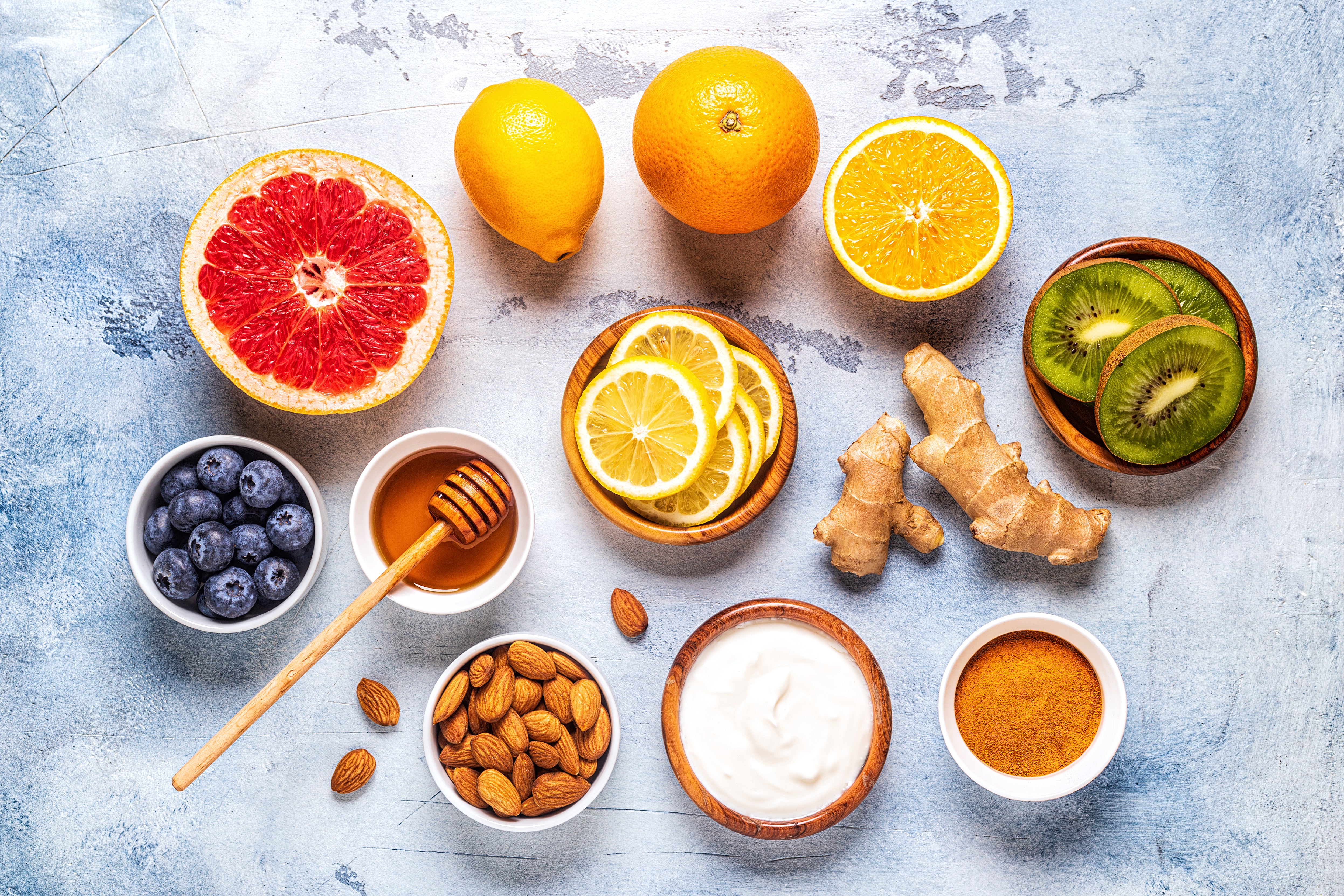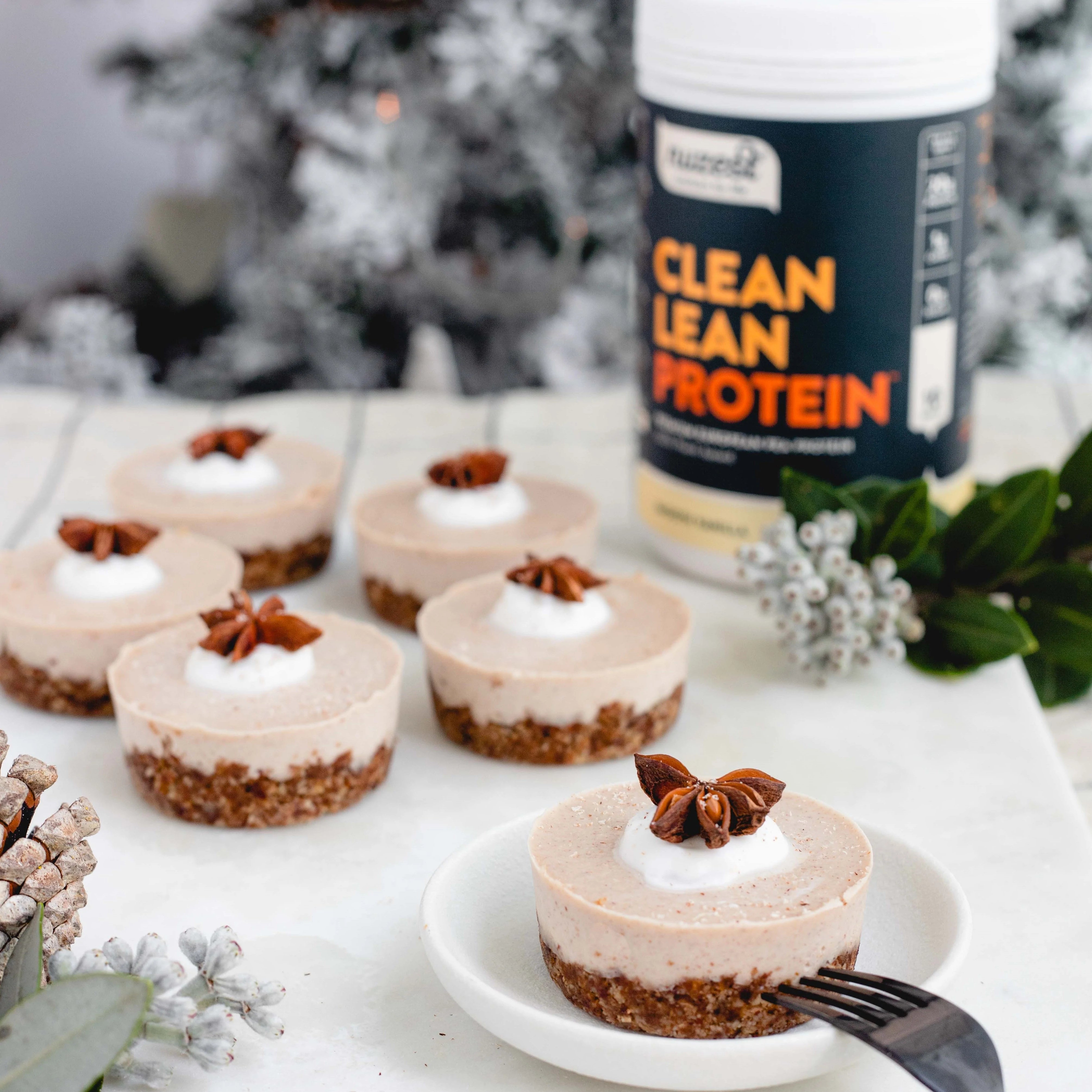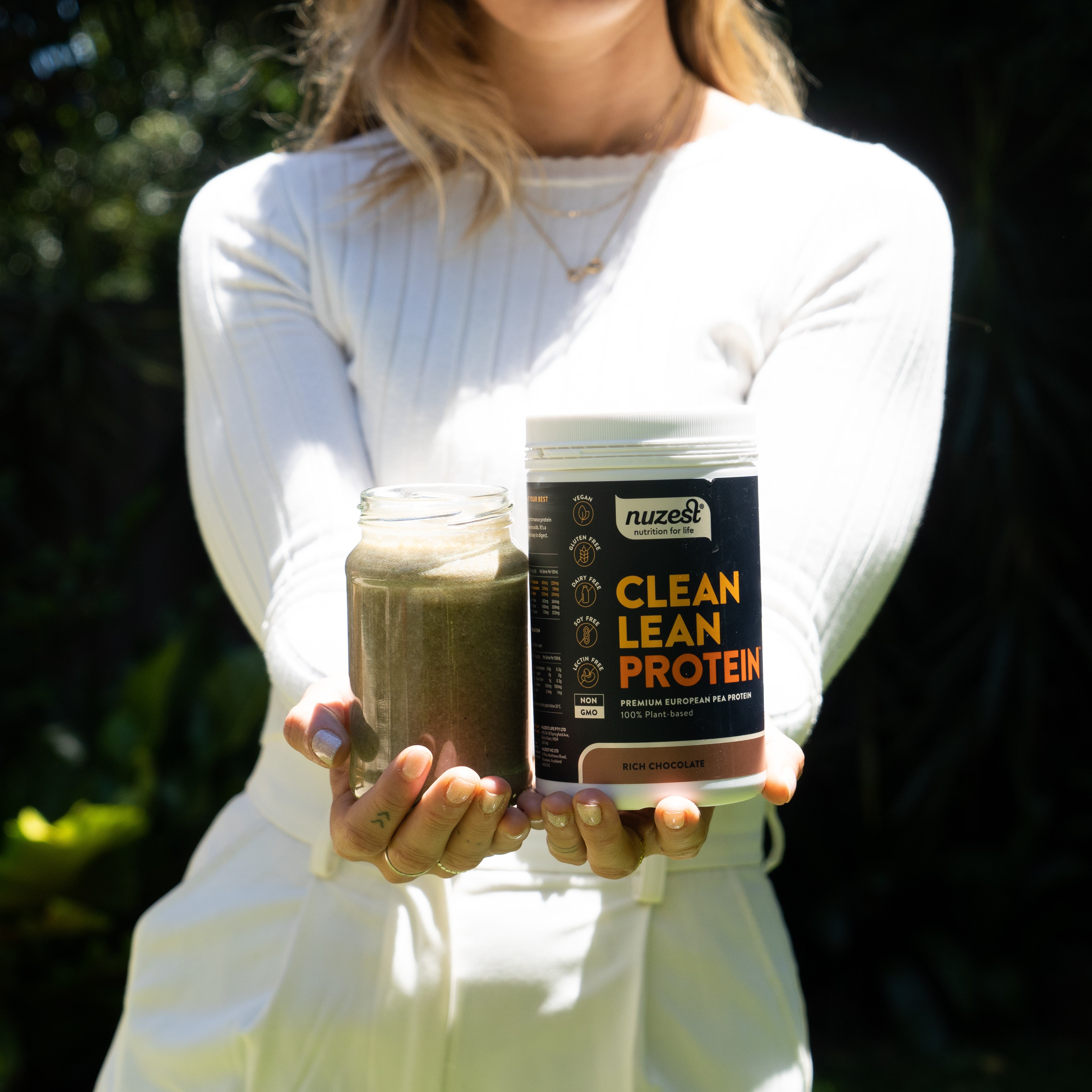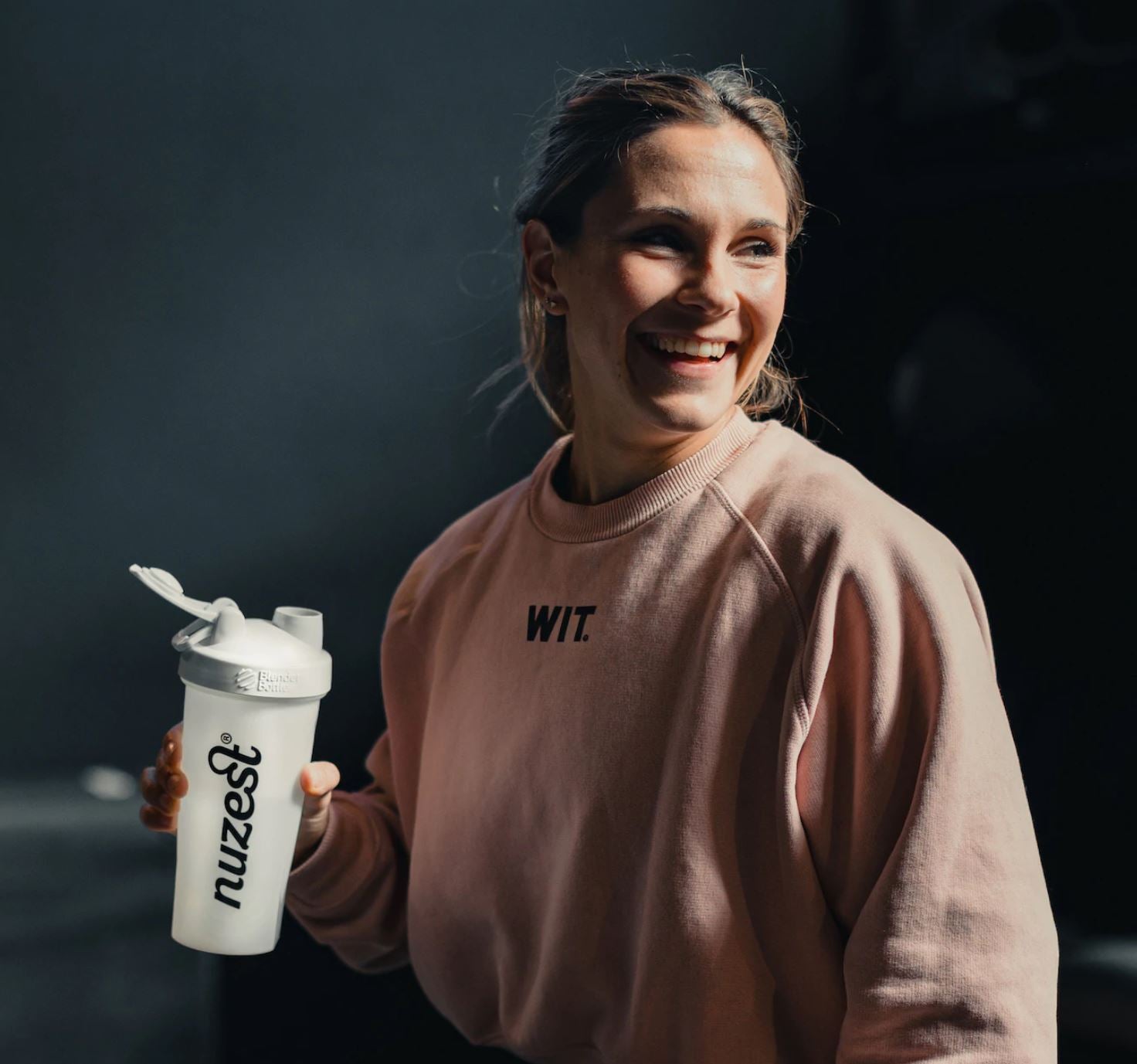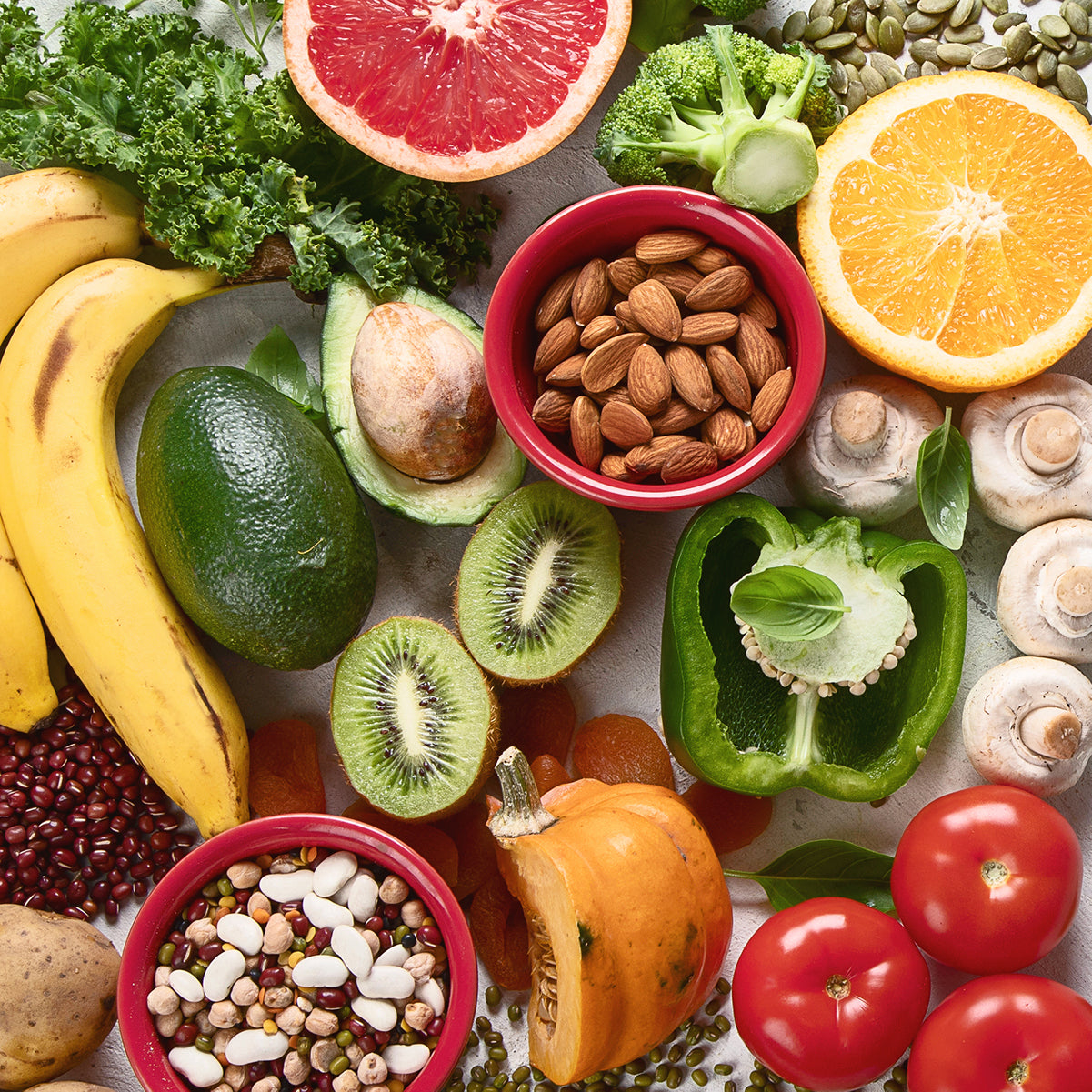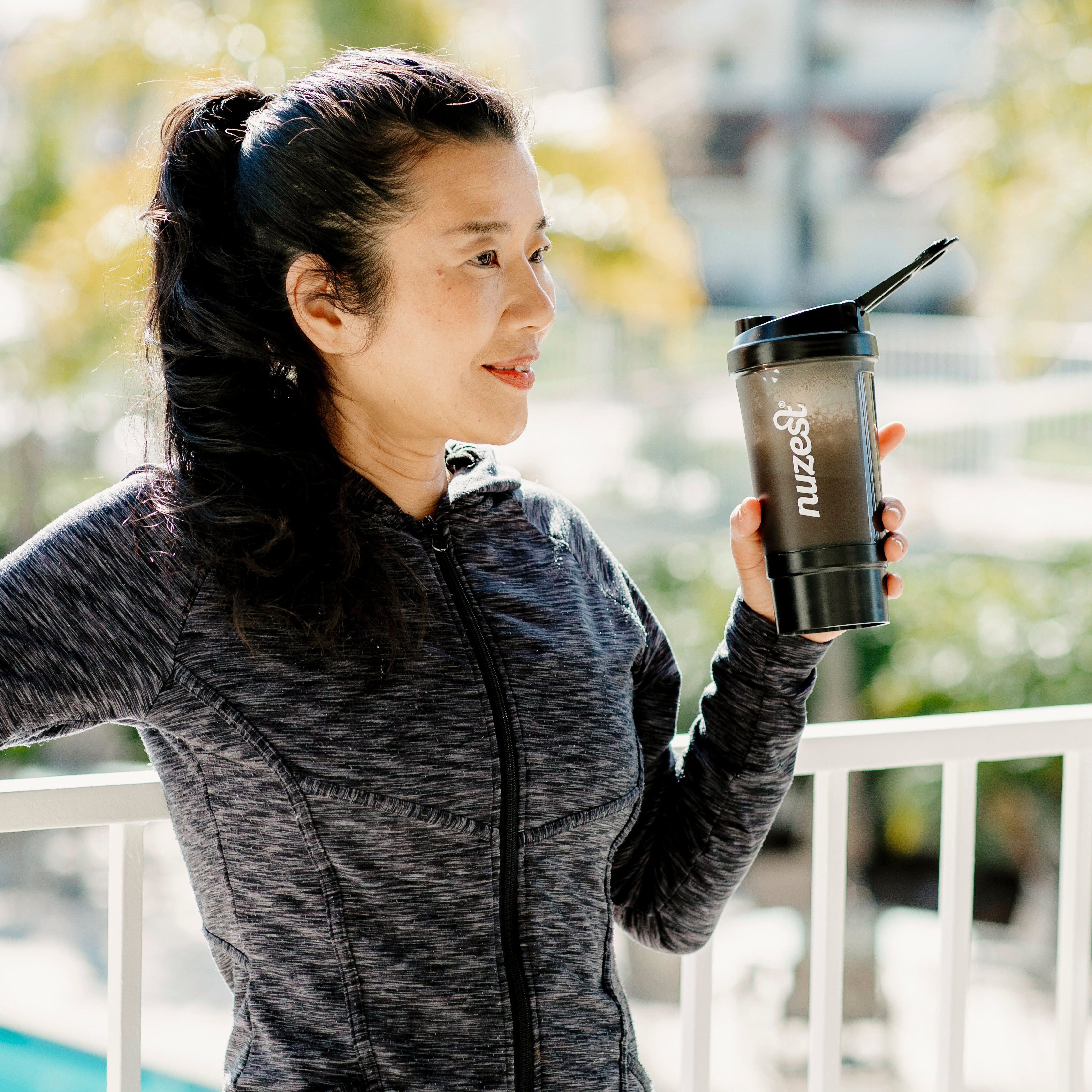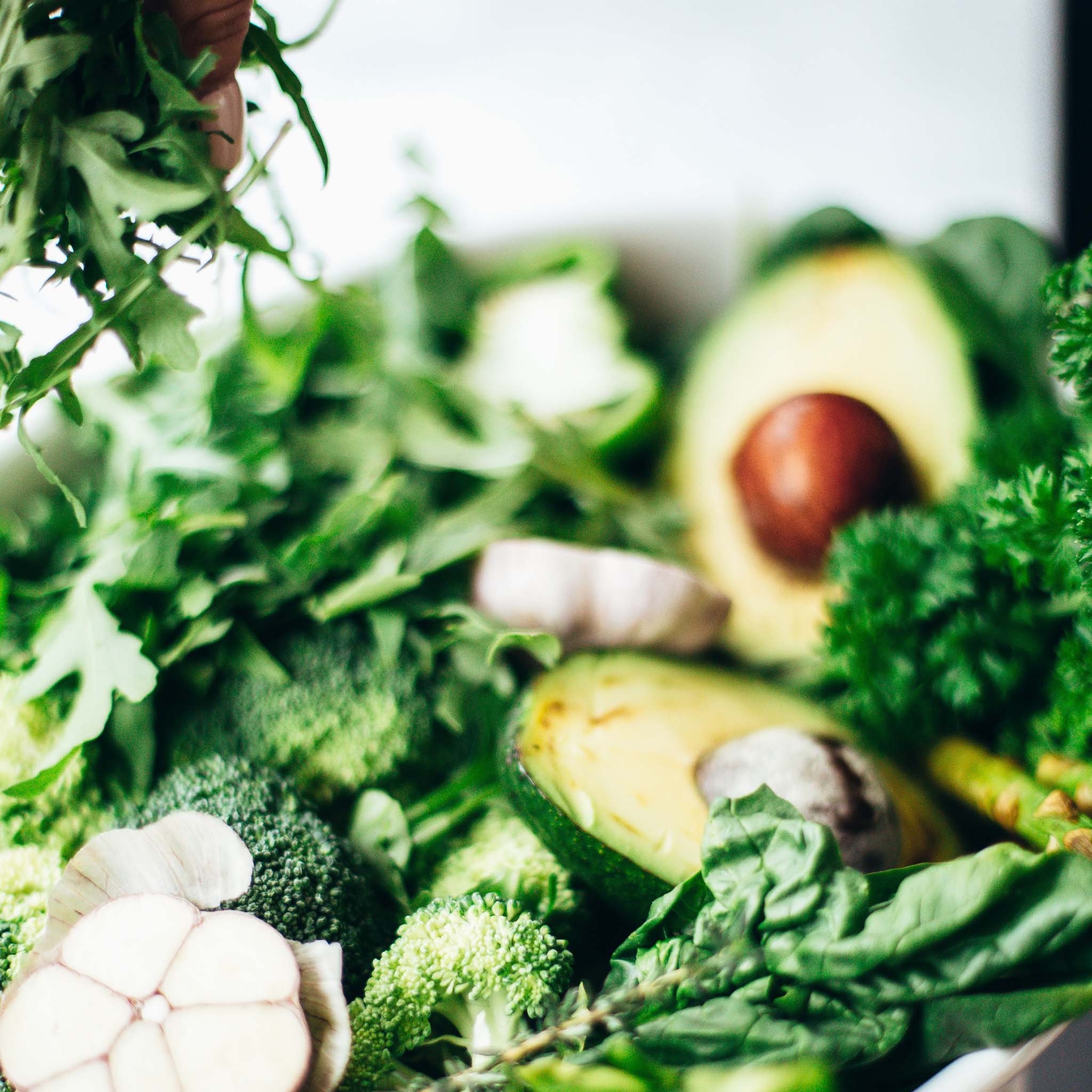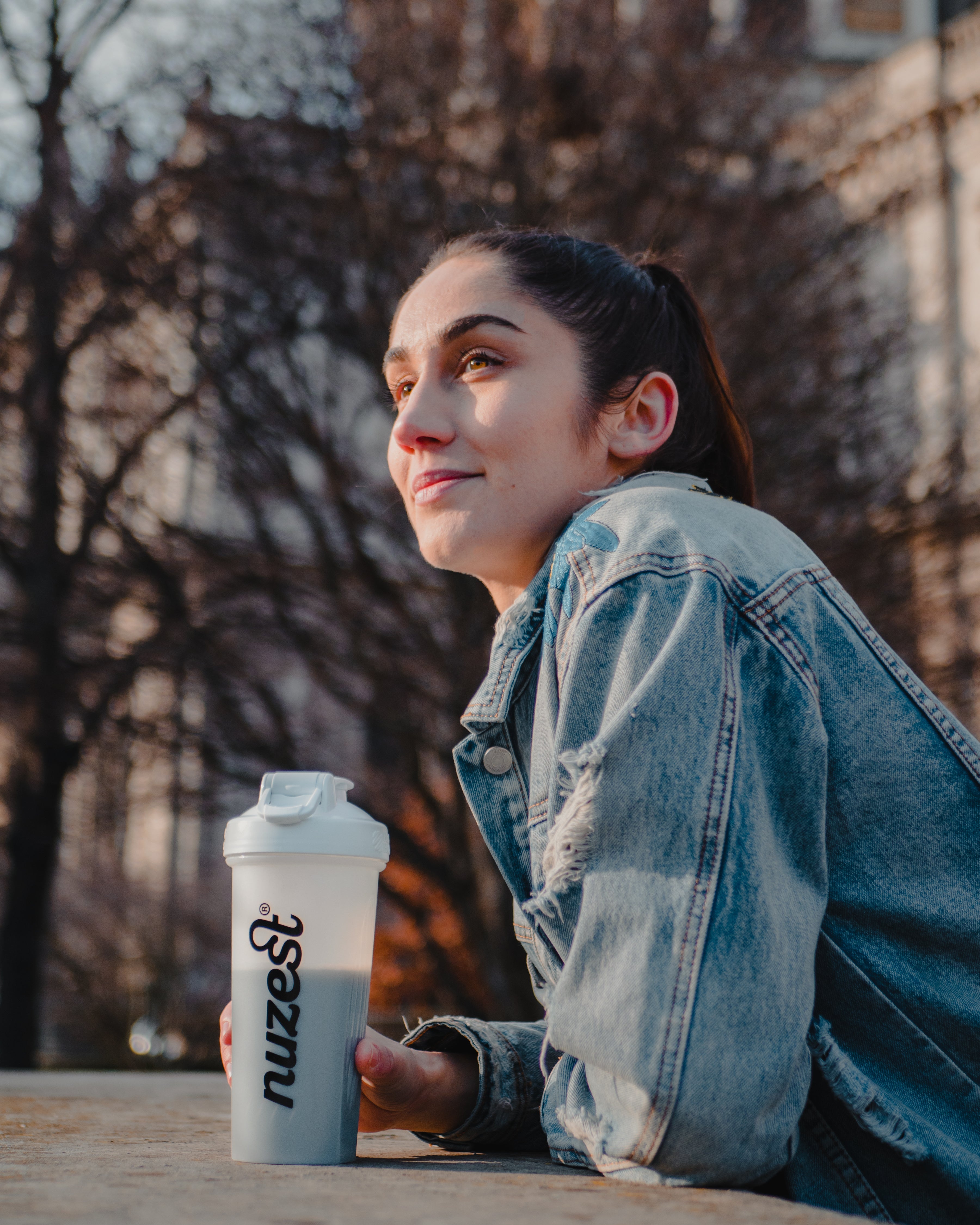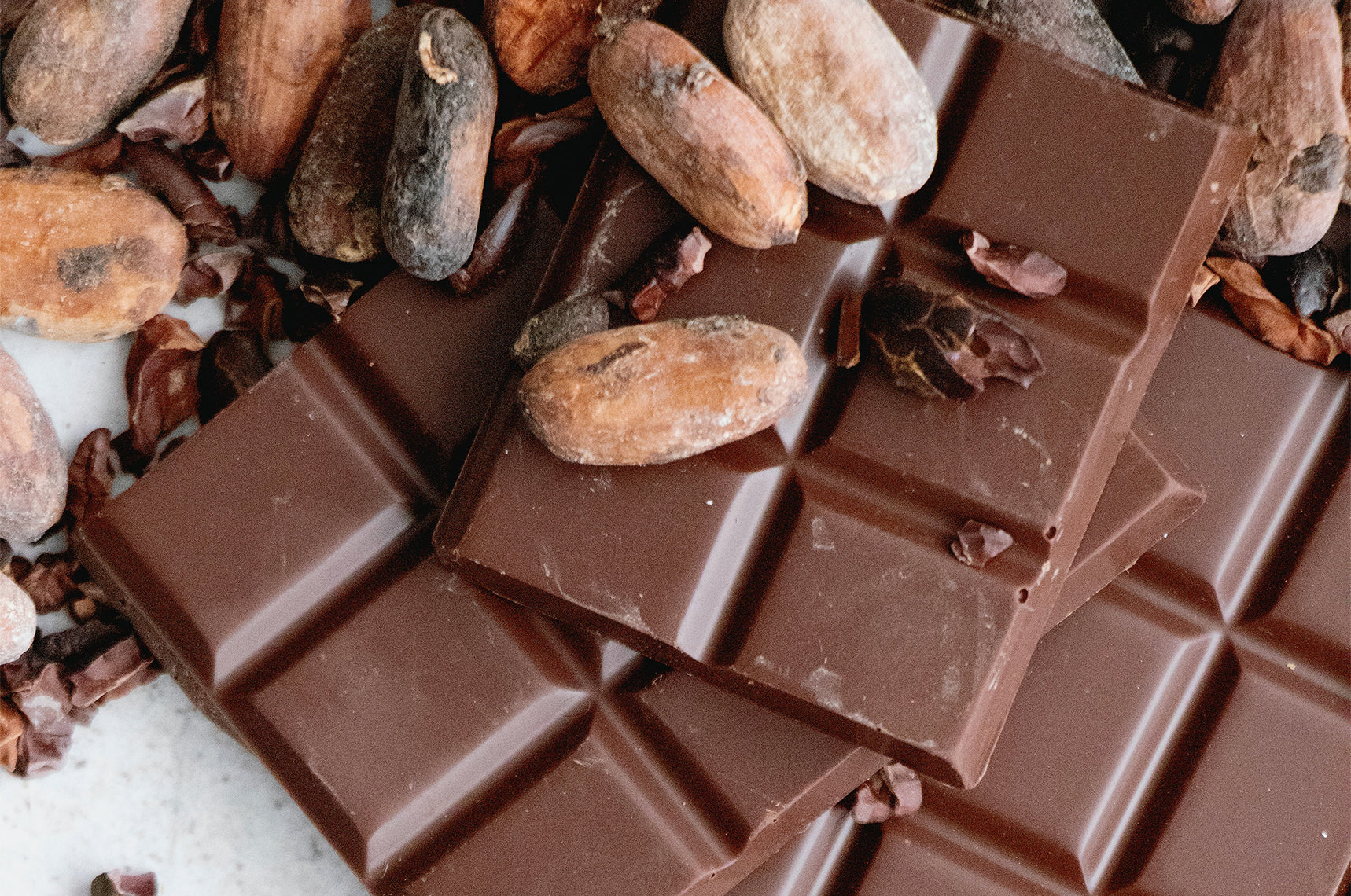Author: Megan Jones (Adv.Dip.NutMed, BHsc.NutMed)
According to the latest research, the majority of us will lose focus up to 6 times while reading this article. While this may sound surprising, if we think about the juggle so many of us face with our work responsibilities, family commitments, and the constant barrage of information from our digital devices, it is no wonder our minds are often pulled in a million different directions. In fact, data from a 2021 UK study reveal that 49% of the 2100 participants said they felt their attention span was shorter than it used to be.[1]
Research also tells us that humans are not designed to do extended periods of deep concentration, but rather small bursts of focus – and alternating these with information gathering. Essentially, we are designed to be information-seeking creatures.[2] [3] [4]
And so, the good news is that if you feel like it’s impossible to stick to a task because of a low attention span, you are not alone—you’re only human!
So what can we do? Read on to learn more about concentration, what jeopardises it, how to improve it, and how food and in particular an abundance of specific nutrients including those found in Nuzest’s Good Green Vitality can positively affect brain health and mental function.
Did you know? Nuzest’s Good Green Vitality contains 75+ wholefood-based ingredients carefully selected to fill nutritional gaps in our diet and to support all 11 body systems. Each convenient 10g serve provides potential health benefits ranging from improved cognition, to hormonal support, digestive support and to natural energy production!
Key takeaways:
- In a world filled with work responsibilities, family commitments, and digital distractions, it's common for individuals to experience frequent lapses in focus. 7 8
- Humans are naturally inclined towards short bursts of focus and information-seeking behaviour - extended periods of deep concentration are not our natural state.2 3 4
- Devices and digital platforms contribute significantly to attention challenges, with studies indicating a reduction in average attention span over the years, from 2.5 minutes in 2004 to 47 seconds today.11
- Enhanced concentration leads to increased productivity, improved creativity, better interpersonal relationships, effective learning and more!16
- Concentration is like a muscle that can be trained.17
- Nutrient-dense foods, particularly those rich in omega-3 fatty acids, antioxidants, and vitamins (B6, B9, B12, C and D), along with minerals like selenium, iron, and magnesium, support optimal brain health.28 29 30
What is concentration?
‘Concentration’ according to Oxfordlearnersdictionaries.com, is defined as “The ability to direct all your effort and attention on one thing, without thinking of other things.” [5]
Concentration itself means not only a longer attention span, but better control of our mind and thoughts, and to be able to focus on one thing at a time.[6]
The problem we face in our modern world is that we’re surrounded by distractions all the time, thanks to the competing demands of work and home life, and the constant temptation of phones, social media, and the internet. [7] [8]
A U.K. survey by the Policy Institute and Centre for Attention Studies at King’s College found that adults check their cell phones up to 80 times a day and 50% of U.K. adults say they can’t stop checking their cell phones when trying to focus on a task, despite their best efforts.[9]
Human brains seek excitement, newness, and social connection, with our devices playing into these desires - to the detriment of our focus and concentration.[10]
Dr Gloria Mark, Chancellor's Professor of Informatics at the University of California, has published her latest book on the human attention span. Between her research in 2004 and 2021, she reveals there’s been a noticeable reduction in attention span. In 2004, the average attention on a screen was 2.5 minutes. Years later, it declined to 75 seconds and today, adults pay attention to one screen for only 47 seconds. Additionally, Mark found that when people lose focus on a work task or project, it takes them 25 minutes to refocus and get back on track.[11]
The benefits of concentration
Although everyone's attention can drift at times, developing concentration is particularly vital for those of us aspiring to be more efficient, more focused, less distracted and more present with those around us.[12]
Let’s have a look at our top 5 benefits of improved focus and concentration in the workplace and beyond:
- Increased productivity: Concentration allows us to work more efficiently, with fewer distractions, and to complete tasks more quickly. When we can focus on one thing at a time, we are not only less likely to make mistakes and but also more likely to produce better work.[13]
- Improved creativity: Concentration allows us to immerse ourselves in a task, bringing about a state of flow where new ideas and insights are more likely to emerge.[14]
- Improved relationships: Concentration is vital when it comes to interpersonal communication. Being able to engage in active listening and focus on the speaker - both which require a greater attention span - can help strengthen connections and demonstrate respect - beneficial for both personal and professional relationships.[15]
- Reaching goals:Being able to focus on a task, whether it’s personal or professional, allows us to reach the goals we’ve set for ourselves. Concentration helps us make better use of our time by preventing procrastination and improving our ability to prioritise tasks. This, in turn, contributes to reaching our goals.
- Learning and growing: Whether we're studying for exams, reading a book, or attending a lecture, the ability to concentrate helps us absorb and retain information more effectively, essentially deepening our learning. Concentration allows us to consider different aspects of a problem, identify potential solutions, and make informed decisions.[16]
How to improve concentration
Concentration is like a muscle.[17] And just like our physical body, we can train our mind to focus on certain tasks when we need to. Remember, the more you work the muscle, the stronger it gets!
8 proven tips to improve concentration and focus:
- Remove distractions by disabling phone notifications or selecting a quiet workspace.[18]
- Concentrate on and prioritise one task at a time.[19]
- Establish goals[20] and break down tasks into bite-sized chunks.
- Schedule regular breaks to rest and regain focus.[21]
- Follow a nutritious diet and ensure adequate hydration.[22] [23]
- Maintain physical activity and incorporate regular exercise into your routine.[24]
- Engage in mindfulness practices like deep breathing or meditation.[25]
- Prioritise sufficient and quality sleep.[26]
How food is linked to focus and concentration
Without a doubt, fruit and vegetables are the cornerstone of a healthy diet and have the highest nutrient density of all the food groups. Consuming a nutrient-dense diet with a wide variety of fresh wholefoods nourishes the brain, providing protection against oxidative stress, subsequent inflammation and cellular damage.[27]
Research shows that foods rich in omega-3 fatty acids[28], antioxidants, vitamins and minerals such as vitamins B6, B9 and B12, vitamin C, vitamin D, selenium, iron and magnesium are especially supportive of optimal brain health.[29] [30]
If we don’t fuel our brain with the proper nutrients, we can start to feel a variety of symptoms, including memory problems, fatigue and concentration problems.[31] [32]
Top 5 foods for focus and concentration
- Blueberries: Containing a high concentration of antioxidants and polyphenols, including not only vitamin C, but also an abundance of anthocyanin pigments, blueberries have been studied for their positive influence on cognitive performance and mood. [33] [34]
- Fatty fish: Fatty fish like salmon, herring, mackerel, sardines and anchovies contain contain long-chain omega-3 essential fatty acids which are necessary for proper brain growth and maintenance as they lower inflammation, positively affecting brain function.[35]
- Green tea: Regular green tea consumption is associated with better cognitive function[36] with wide benefits on psychological states and cognitive function.[37] The free amino acids theanine and arginine contained in green tea have stress-reducing effects, supporting optimal focus and concentration.[38]
- Broccoli/dark leafy greens: Broccoli contains glucoraphanin, which is converted to sulforaphane during cooking preparation or digestion.[39] Sulforaphane is a natural plant compound found in many cruciferous vegetables like broccoli, cabbage, cauliflower, and kale,[40] and protects our brain from oxidative stress and inflammation resulting in less anxiety, depression, and brain fog – therefore aiding focus and concentration..[41]
- Dark chocolate: A 2018 study at Loma Linda University found that dark chocolate containing 70% cocoa (or above) enhances neuroplasticity for behavioural and brain health benefits.[42] Dark chocolate contains flavonoids, which are potent antioxidants, and proven to improve memory and mood, boost immunity, reduce stress, and lower inflammation.[43]
Did you know? A lack of water to the brain can cause a variety of symptoms as well! The brain comprises of 85% water, with brain function dependent on water to provide it with the necessary electrical energy.
Health issues stemming from dehydration can include:
- Problems with focus and attention
- Headaches
- Nervousness/Irritability
- Brain fog
- Fatigue
- Sleep disturbances
- Depression
A simple, daily serve of Nuzest’s Good Green Vitality mixed with either a tall glass of water or combined with our Clean Lean Protein in a delicious smoothie will not only help you reach your hydration goals, but provide you with key nutrients to support brain function and optimise your ability to focus and concentrate every day. Good Green Vitality contains vitamins and minerals like vitamin B6, B9 and B12 – particularly important for cognition, as well as the highly antioxidant vitamin C, magnesium, essential fatty acids, as well as potent anti-inflammatory extracts like green tea and cacao and the nutrient-dense broccoli sprout – rich in sulforaphane to support and optimise focus and concentration!
References:
1. https://www.kcl.ac.uk/policy-institute/assets/how-people-focus-and-live-in-the-modern-information-environment.pdf
2. https://www.cell.com/neuron/fulltext/S0896-6273(18)30636-6
3. https://www.ncbi.nlm.nih.gov/pmc/articles/PMC2666710/
4. https://www.ncbi.nlm.nih.gov/pmc/articles/PMC4635443/
5. https://www.oxfordlearnersdictionaries.com/definition/english/concentration?q=concentration
6. https://www.healthline.com/health/mental-health/how-to-improve-concentration
7. https://www.frontiersin.org/articles/10.3389/fpsyg.2021.711416/full
8. https://hbr.org/2015/06/conquering-digital-distraction
9. https://www.kcl.ac.uk/policy-institute/assets/how-people-focus-and-live-in-the-modern-information-environment.pdf
10. https://time.com/6302294/why-you-cant-focus-anymore-and-what-to-do-about-it/
11. Mark G. Attention Span. William Collins; 2023.
12. https://www.ncbi.nlm.nih.gov/pmc/articles/PMC4536538/
13. https://www.tandfonline.com/doi/full/10.1080/00140139.2022.2053590
14. https://pubmed.ncbi.nlm.nih.gov/33551914/
15. https://www.ncbi.nlm.nih.gov/books/NBK442015/
16. https://www.ncbi.nlm.nih.gov/pmc/articles/PMC5459260/
17. https://www.forbes.com/sites/forbescoachescouncil/2017/08/01/your-focus-muscle-the-one-muscle-you-never-knew-you-needed-to-train/
18. https://www.ncbi.nlm.nih.gov/pmc/articles/PMC7088125/
19. https://www.ncbi.nlm.nih.gov/pmc/articles/PMC4763375/
20. https://www.ncbi.nlm.nih.gov/pmc/articles/PMC6207990/
21. https://www.ncbi.nlm.nih.gov/pmc/articles/PMC9432722/
22. https://bmcpublichealth.biomedcentral.com/articles/10.1186/s12889-019-8033-1
23. https://www.ncbi.nlm.nih.gov/pmc/articles/PMC7322666/
24. https://www.ncbi.nlm.nih.gov/pmc/articles/PMC6188718/
25. https://pubmed.ncbi.nlm.nih.gov/29541039/
26. https://www.ncbi.nlm.nih.gov/pmc/articles/PMC2656292/
27. https://www.health.harvard.edu/blog/nutritional-psychiatry-your-brain-on-food-201511168626
28. https://pubmed.ncbi.nlm.nih.gov/24470182/
29. https://www.ncbi.nlm.nih.gov/pmc/articles/PMC7019700/
30. https://pubmed.ncbi.nlm.nih.gov/37299394/
31. https://www.ncbi.nlm.nih.gov/pmc/articles/PMC6170050/
32. https://www.ncbi.nlm.nih.gov/pmc/articles/PMC6120115/
33. https://pubmed.ncbi.nlm.nih.gov/31329250/
34. https://pubmed.ncbi.nlm.nih.gov/30999017/
35. https://www.ncbi.nlm.nih.gov/pmc/articles/PMC9641984/
36. https://www.ncbi.nlm.nih.gov/pmc/articles/PMC9389233/
37. https://pubmed.ncbi.nlm.nih.gov/31826371/
38. https://pubmed.ncbi.nlm.nih.gov/34443485/
39. https://www.ncbi.nlm.nih.gov/pmc/articles/PMC4428599/
40. https://www.healthline.com/nutrition/sulforaphane
41. https://www.sciencedirect.com/science/article/abs/pii/S0166432815303399
42. https://www.forbes.com/sites/alicegwalton/2018/04/27/dark-chocolate-may-boost-brain-function-immunity-and-mood/
43. https://www.sciencedaily.com/releases/2018/04/180424133628.htm












